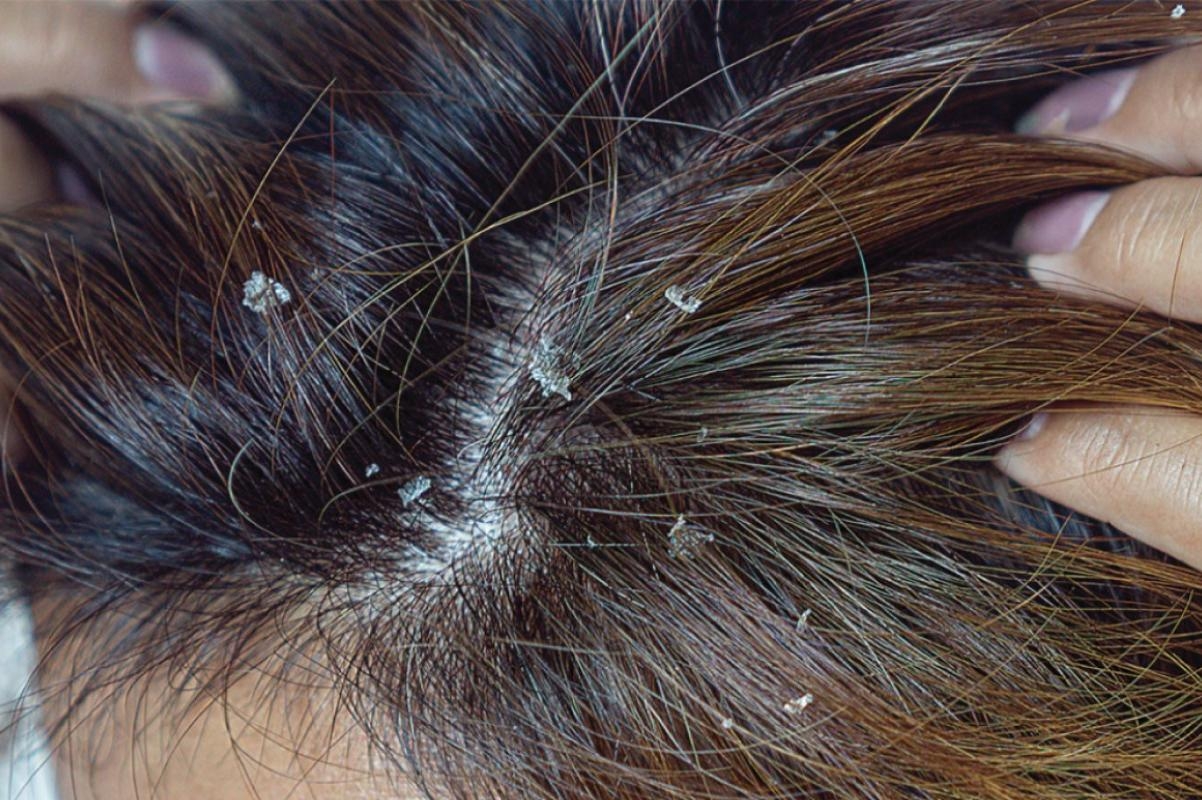Dealing with persistent flaky scalp problems can be frustrating and even embarrassing. Flakes on your shoulders and an itchy scalp can affect your confidence and overall comfort. The good news is that there are medicated shampoos designed to address these issues effectively. In this article, we'll explore the causes of persistent flaky scalp problems and delve into the various medicated shampoos available to help you achieve a healthy, flake-free scalp.
Understanding Persistent Flaky Scalp Problems:
Flaky scalp problems can have various causes, and understanding the underlying issue is crucial for effective treatment:
Dandruff: Dandruff is one of the most common causes of flaky scalp. It's often characterized by white or yellowish flakes and can result from a fungus called Malassezia, which thrives on the scalp.
Psoriasis: Scalp psoriasis is a chronic skin condition that can lead to thick, silvery scales on the scalp. It is an autoimmune condition and requires specific treatment.
Seborrheic Dermatitis: This condition is similar to dandruff but often more severe. It can cause red, itchy, and scaly skin on the scalp, eyebrows, and other areas.
Contact Dermatitis: Allergic reactions to hair care products or environmental allergens can lead to flaky and itchy scalp.
Dry Scalp: Sometimes, a dry scalp due to harsh weather, excessive heat styling, or inadequate moisturization can result in flakiness.
Medicated Shampoos for Flaky Scalp Problems:
Several medicated shampoos are available to address persistent flaky scalp problems effectively. These shampoos typically contain active ingredients that target specific causes of flakiness. Here are some common types:
Antifungal Shampoos: These shampoos contain antifungal agents like ketoconazole, selenium sulfide, or zinc pyrithione to combat dandruff and Malassezia fungus. They are effective for treating mild to moderate dandruff and seborrheic dermatitis.
Tar-Based Shampoos: Coal tar shampoos slow down the growth of skin cells on the scalp, making them suitable for conditions like psoriasis and seborrheic dermatitis. They can help reduce flakiness, itching, and inflammation.
Salicylic Acid Shampoos: Salicylic acid shampoos help exfoliate the scalp and can be useful for conditions like psoriasis and seborrheic dermatitis. They can help remove scales and reduce itching.
Zinc Pyrithione Shampoos: These shampoos are effective against dandruff and seborrheic dermatitis. They work by slowing down the production of yeast on the scalp.
Prescription Shampoos: In some cases, a dermatologist may prescribe medicated shampoos with stronger formulations to address severe flaky scalp problems.
Using Medicated Shampoos Effectively:
To get the most benefit from medicated shampoos for flaky scalp problems, follow these guidelines:
Read Instructions: Always read and follow the instructions on the shampoo bottle or as provided by your healthcare provider.
Wet Your Hair: Begin by making sure your hair is completely soaked or drenched with water.
Apply Shampoo: Apply the medicated shampoo to your scalp, focusing on the affected areas. Massage it gently into your scalp, using your fingertips and not your nails, to avoid irritation.
Leave In: Allow the shampoo to sit on your scalp for the recommended time, usually a few minutes. This gives the active ingredients time to work.
Rinse Thoroughly: Make sure to rinse your hair and scalp thoroughly using lukewarm water. Make sure there is no shampoo residue left.
Use as Directed: Follow the recommended usage frequency provided on the product label or by your healthcare provider. Overusing medicated shampoos can lead to dryness or irritation.
Pair with Conditioner: After using a medicated shampoo, apply a conditioner to the lengths and ends of your hair to keep it moisturized.
When to Seek Professional Help:
While medicated shampoos can be effective for many flaky scalp problems, there are instances where professional help is necessary:
No Improvement: If you've been using a medicated shampoo as directed for several weeks and have seen no improvement in your condition, consult a dermatologist.
Worsening Symptoms: If your symptoms worsen, including increased redness, inflammation, or severe itching, seek medical advice promptly.
Scalp Sores: If you develop sores, blisters, or any unusual symptoms on your scalp, consult a healthcare provider immediately.
Conclusion:
Persistent flaky scalp problems can be effectively managed with the right medicated shampoos. Understanding the underlying cause of your flakiness is essential for selecting the most appropriate shampoo for your needs.
Remember that consistent use and proper application are key to achieving the best results. If your condition does not improve or worsens, do not hesitate to seek professional advice. A dermatologist can provide a precise diagnosis and recommend a tailored treatment plan to help you achieve a healthy, flake-free scalp and regain your confidence.


